Nilanjana recounts the tale of Pradyumna from the Bhagavatam. A Different Truths exclusive.
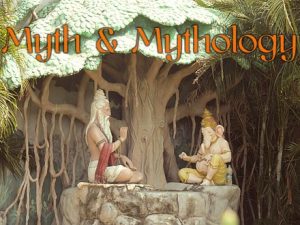 Pariskhit’s face had lit up listening to the story of Rukmini and Krishna. He somewhere could see it visually in front of him, though he was not sure if it was his imagination or something else beyond his comprehension.
Pariskhit’s face had lit up listening to the story of Rukmini and Krishna. He somewhere could see it visually in front of him, though he was not sure if it was his imagination or something else beyond his comprehension.
Sukha guessed that and enjoyed narrating the stories too. He moved on to the next story, “This one, like many others was seeded in the past. Eons back Mahadeva, after having lost Sati, was in deep meditation. Now Sati was born as Parvati, the daughter of Himavan. She longed for Mahadeva, but he ignored her. She meditated and soon became equal to him in energy. Meanwhile, Indra was getting impatient since the son that would be born out of the Parvati and Mahadeva’s union would eventually kill the rakshasas (demons) that kept on disturbing the devas (celestial beings). He solicited the help of Kama (God of lust) to get Mahadeva interested in Parvati. Mahadeva, who was in the midst of intense tapas (penance) opened his third eye. The fire that emanated burnt Kama into ashes.
Rati (Kama’s wife) was besotted with grief. She pleaded to Mahadeva and he informed her that when Vishnu will be born as Krishna, Kama will be born as his son, Pradyumna.
Rati (Kama’s wife) was besotted with grief. She pleaded to Mahadeva and he 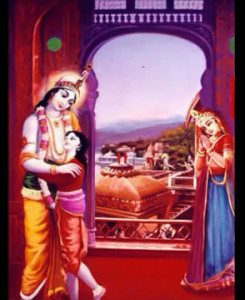 informed her that when Vishnu will be born as Krishna, Kama will be born as his son, Pradyumna.
informed her that when Vishnu will be born as Krishna, Kama will be born as his son, Pradyumna.
Rukmini and Krishna’s son were born. He was named Pradyumna and Dwaraka was celebrating the birth of Krishna’s child. He was Kama reborn.
An asura called Shambara was told that Krishna’s son would be the cause of his death. He heard the news of the birth of Pradyumna. He rushed to Dwaraka in an attempt to control his own fate.
It was not even ten days since Pradyumna’s birth and the city of Dwaraka was still celebrating.
It was not even ten days since Pradyumna’s birth and the city of Dwaraka was still celebrating. Everyone was engaged in some task or the other. Shambara found the unattended child and carried him away, far from Dwaraka.
Rukmini was inconsolable with the news of her missing child. The city that was celebrating was suddenly immersed in woe.
Shambara was trying ways to kill the child. He was far away from Dwaraka and he was sure that nobody would find him.
Meanwhile, Shambara was trying ways to kill the child. He was far away from 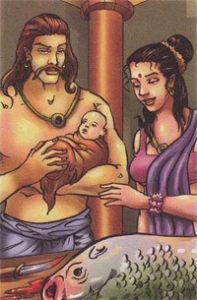 Dwaraka and he was sure that nobody would find him. But he could not bring himself to kill the child. The child was so charming that he was being carried away by the child’s beauty. Eventually, he decided to drown the child into the sea. He carried the child near the sea and flung him away. He did not even bother to turn around and see lest he be dissuaded.
Dwaraka and he was sure that nobody would find him. But he could not bring himself to kill the child. The child was so charming that he was being carried away by the child’s beauty. Eventually, he decided to drown the child into the sea. He carried the child near the sea and flung him away. He did not even bother to turn around and see lest he be dissuaded.
The child, Pradyumna, did not die. A large fish thought it was a morsel of food and swallowed it whole. This fish was caught by a group of fishermen. The fish was so large and unusual that they decided to gift it to the king. The king who happened to be Shambara, sent it to the kitchen to be cooked…”
(To be continued)
Footnote: Srimad Bhagavatam is often called the Bhagavad Purana. Authored by Ved Vyasa, the stories are about the various avatars (incarnations) of Lord Vishnu, also known as Narayana. These stories are narrated by Ved Vyasa’s son Sukhadeva to King Parikshit.
©Nilanjana Dey
Photos from the Internet

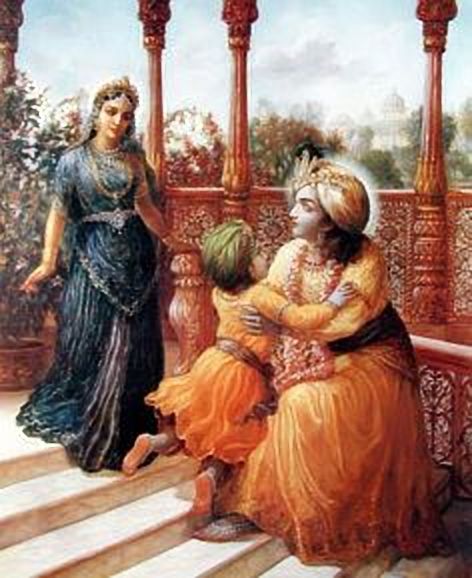


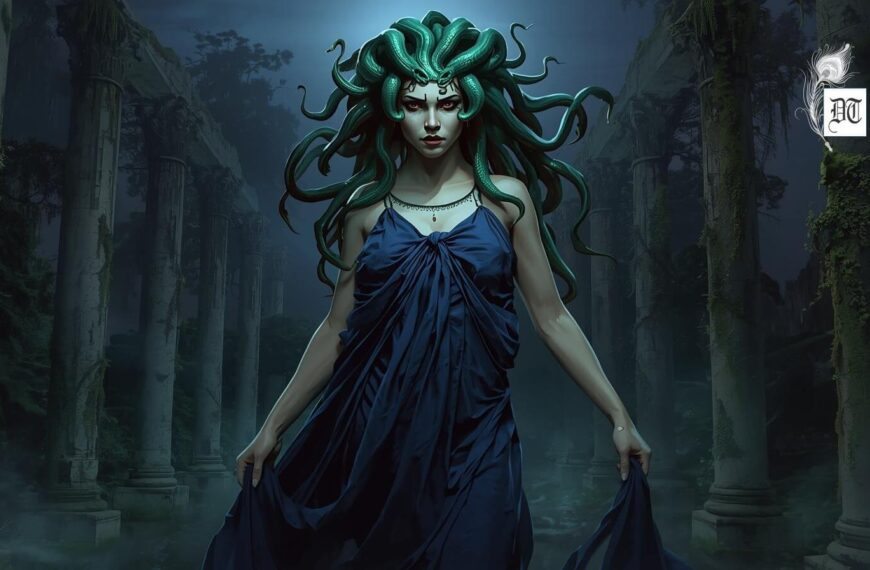
 By
By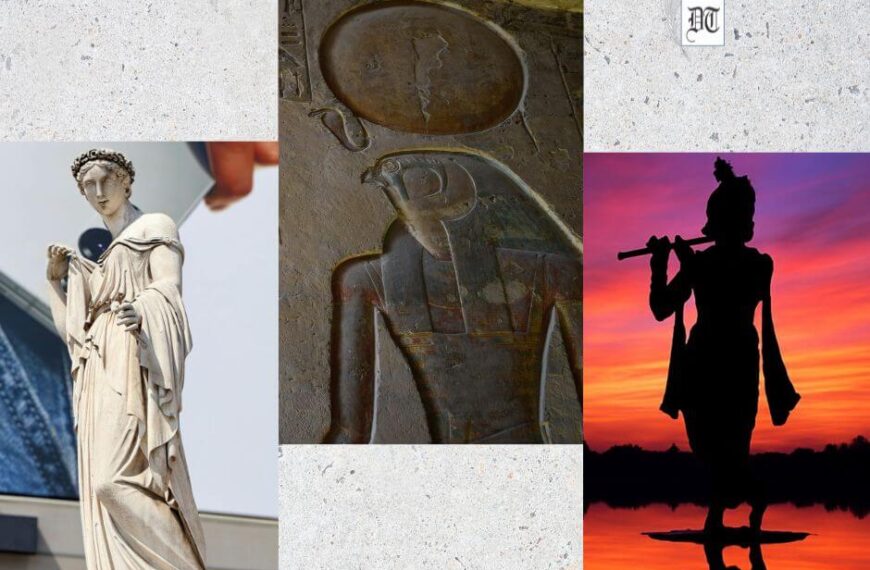

 By
By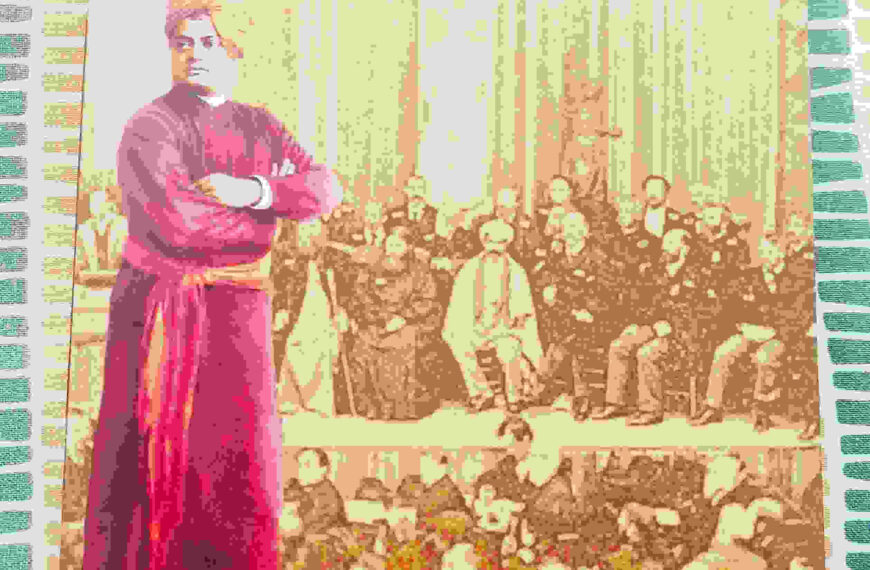
 By
By